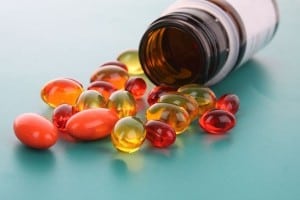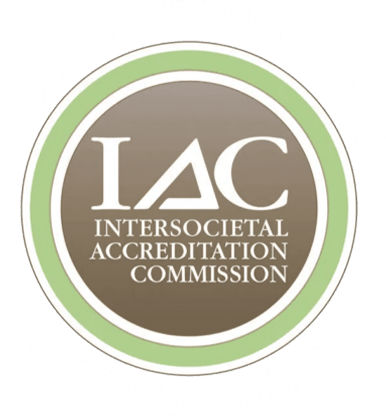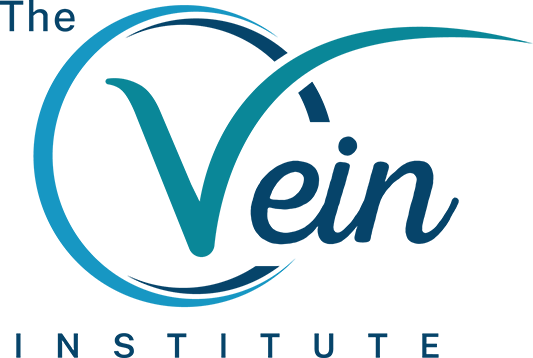
 As with most any medical condition, nutrition can assist your body in healing or even avoiding serious health conditions such as varicose veins. The team at The Vein Institute of Jacksonville share the minerals & vitamins to look for including in your healthy lifestyle.
As with most any medical condition, nutrition can assist your body in healing or even avoiding serious health conditions such as varicose veins. The team at The Vein Institute of Jacksonville share the minerals & vitamins to look for including in your healthy lifestyle.
Varicose and spider veins form when weak or damaged blood vein valves fail, causing blood that should be pumping upwards to the heart to fall backwards into the lower leg. Blood pools inside the veins, causing them to stretch, bulge and show through the skin’s surface.
Minerals & Vitamins
To help strengthen your vein walls and keep blood pumping effectively, adopt a healthy diet rich in vitamins C, E, B6 and B12, plus copper, fiber and bioflavonoids.
- Vitamin C: While this common vitamin is most commonly known for helping to fight the common cold, it also helps the body manufacture connective tissues collagen and elastin, both of which the body uses to repair and maintain veins, keeping them strong and flexible.
- Vitamin E: This vitamin, found in many of your favorite foods, prevent blood clots by keeping platelets from sticking together and adhering to the sides of blood vessel walls.
- Vitamins B6 and B12: Both of these vitamins also help clear the blood of homocysteine, which has been linked to recurring blood clots.
- Copper: This trace mineral found in shellfish, lean red meat, whole grains, nuts and seeds, is essential in building and repairing endothelial cells, the smooth protective cells that line the insides of blood vessels. It’s used in the body to knit together collagen and elastin and appears to help protect blood vessels against microscopic tears and rough spots that can lead to blood clots and plaque-filled veins.
- Bioflavonoids: Bioflavonoids are found in deep-colored berries like blueberries, blackberries and cherries and may help keep capillaries from breaking down and forming spider veins.
- Fiber: A fiber-rich diet will help you avoid constipation, which can create pressure in your abdomen and block the flow of blood back to your legs, weakening vein walls over time.
- Sodium: Cutting out salt helps, too. Too much salt will cause your legs to swell, placing added stress on your veins.
Frequently Asked Questions

IAC Accredited Vascular Testing
We are proud to be distinguished as an IAC Accredited Vascular Testing Facility. The Vein Institute adheres to the strictest national guidelines for vascular testing, demonstrating a commitment to the highest quality patient care.
Known as CVI, chronic venous insufficiency, is a medical condition in which the veins are unable to pump enough oxygen-poor blood back to the heart. It’s caused by damaged blood valves and often occurs after deep vein thrombosis or phlebitis. While women make up the majority of CVI sufferers, it’s also common among men who […]
Education is key to maintaining lifelong vascular health at The Vein Institute of Jacksonville. One of the most common questions we hear from patients is whether genetics can predict their risk for developing Chronic Venous Insufficiency (CVI). Let’s explore the connection between family history, vein disease, and the steps to stay ahead of symptoms. What […]
Chronic venous insufficiency is a condition that affects millions of people around the world, and yet it often goes unrecognized. In this article, we’ll discuss what chronic venous insufficiency is, what its symptoms are, and why it’s important to seek medical help if you think you may be suffering from it. Let’s get started! Introduction […]




